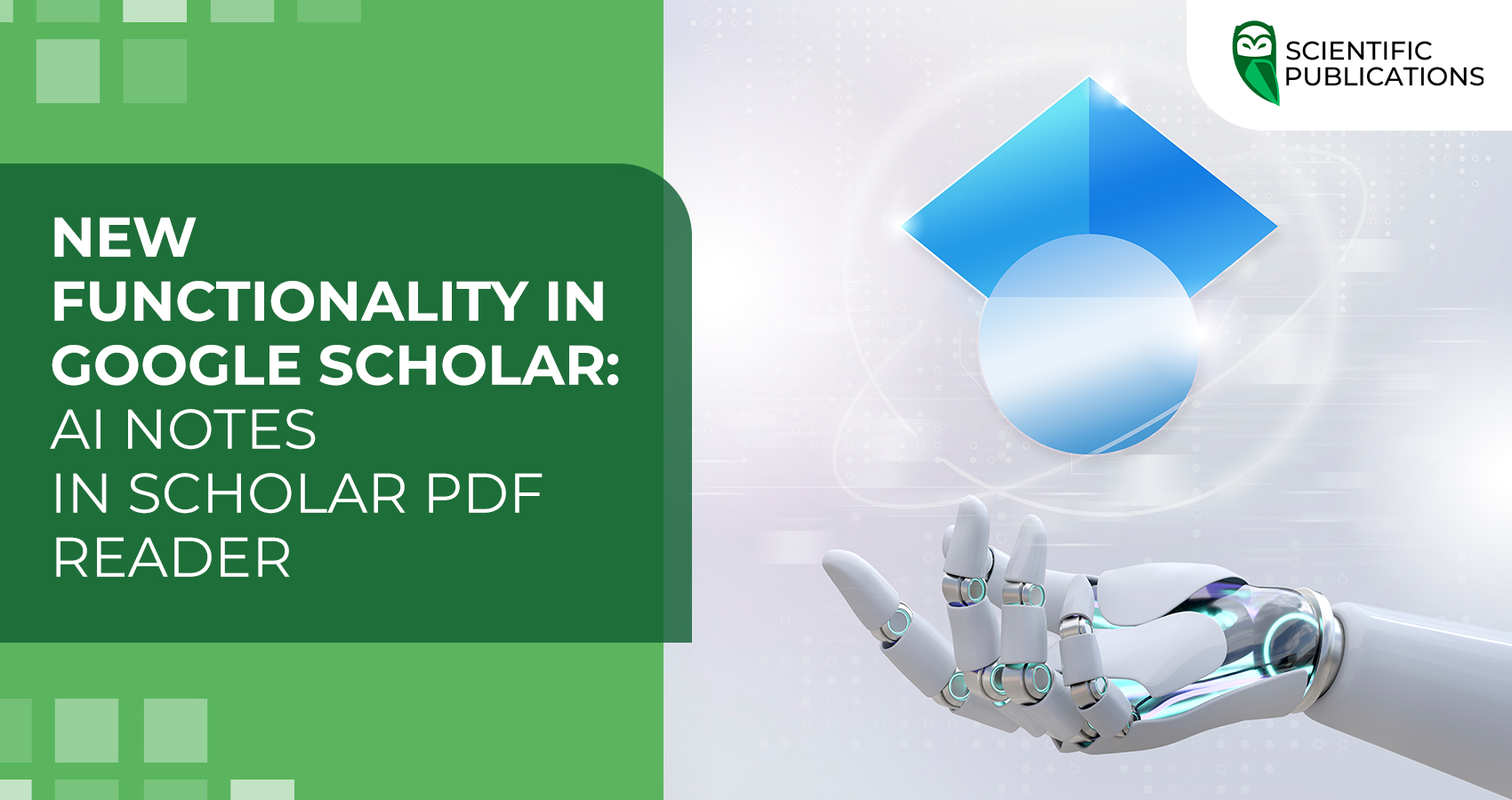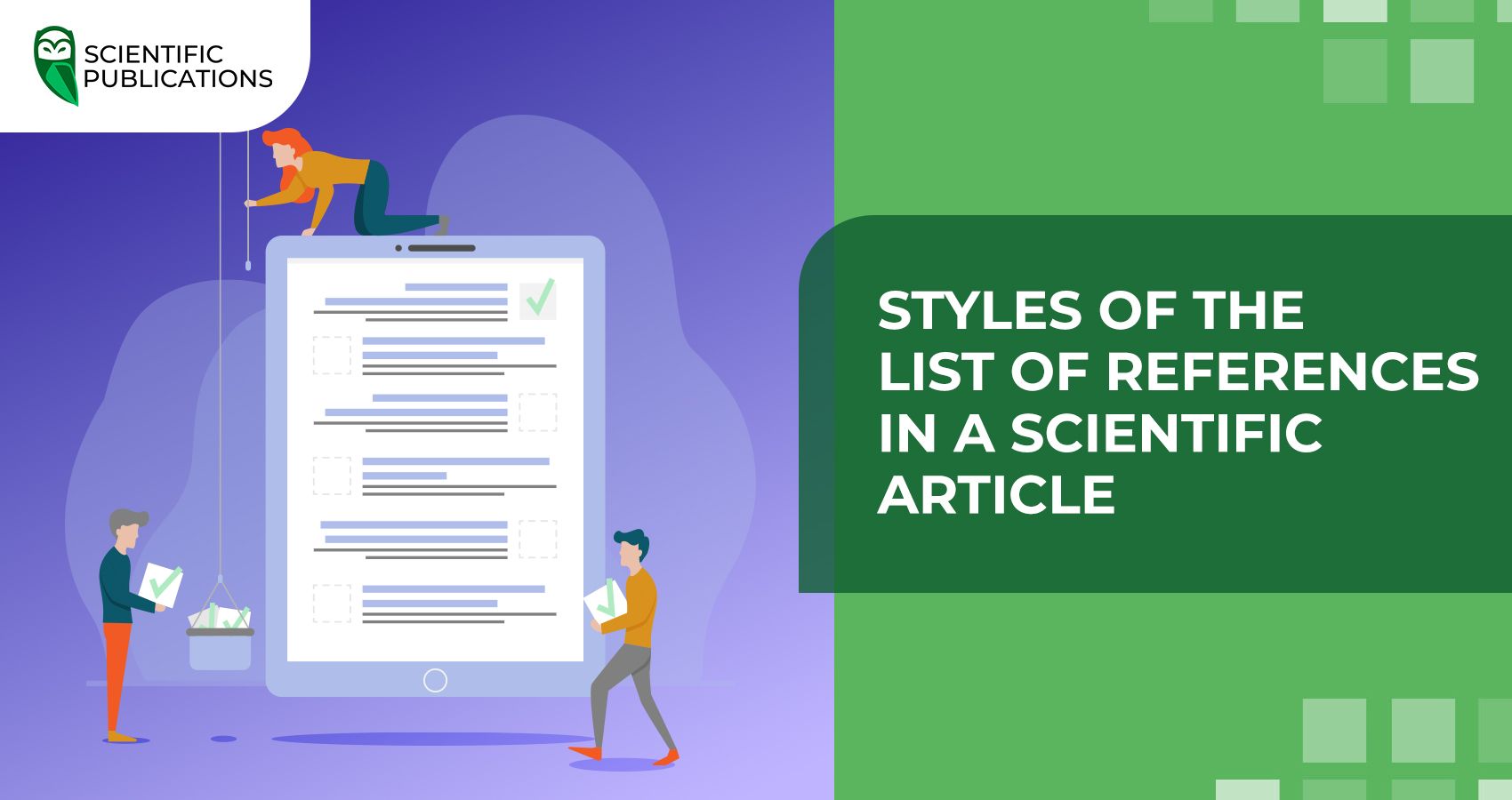With the volume of scholarly content continuously growing, many researchers are increasingly faced with the challenge of organising an endless list of articles waiting for attention. To simplify this task, Google Scholar has announced a new feature, AI Abstracts in Scholar PDF Reader. This tool is designed to simplify the process of reading and analysing publications, offering users to focus on important aspects of scholarly articles.

What are AI abstracts?
AI outlines are an expanded table of contents for an article, consisting of short bullet points reflecting the key sections of the paper. This allows you to quickly familiarise yourself with the main topic and research problem and then delve deeper into points of interest, such as methods, results, discussions or specific details.
How it works?
AI abstracts are currently available for selected articles in English. To use this feature, simply click on the PDF link in Google Scholar. For other PDFs, the normal table of contents is displayed. The user can click on the AI Outline icon to request an AI outline. This speeds up the reading process considerably, allowing the user to focus on the aspects most relevant to the researcher.
Google Scholar PDF Reader Update
If you already have Scholar PDF Reader installed, an update will happen automatically, which will include the AI outlines. It is also possible to update Reader yourself by going to the Chrome extensions page (you need to type the query ‘chrome://extensions’ in the address bar). To do this, you need to activate developer mode and click the ‘Update’ button. For those who are not yet familiar with Reader, you can install it from the Chrome Web Store.
Additional features:
- one-click preview of cited articles;
- mentions of related figures and tables;
- the ability to adjust the screen brightness for your needs by selecting a light or dark background mode;
- ability to copy and paste popular citation style formats directly into your document.
Stay tuned and subscribe to our social networks to be the first to hear about news from the world of science and scientometrics!





